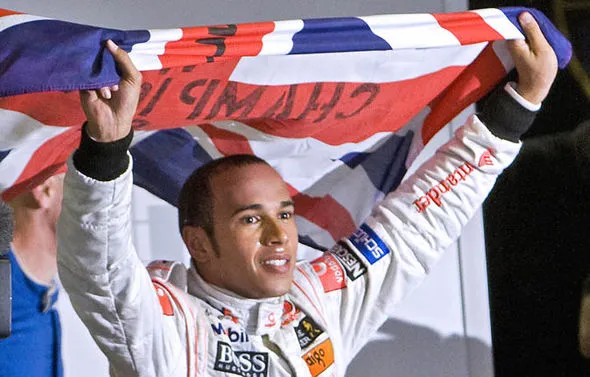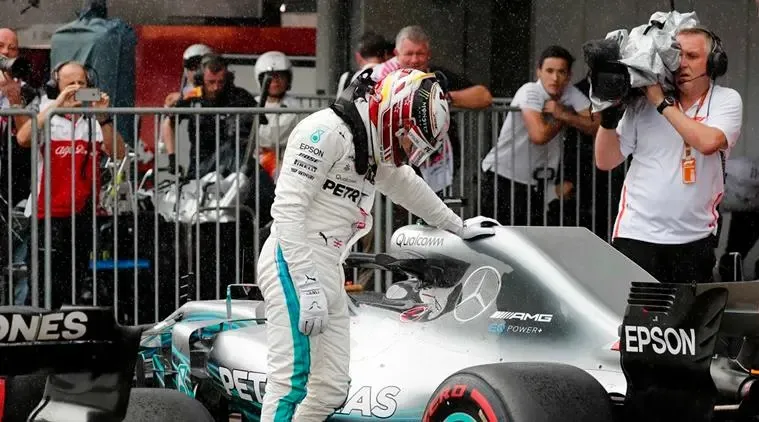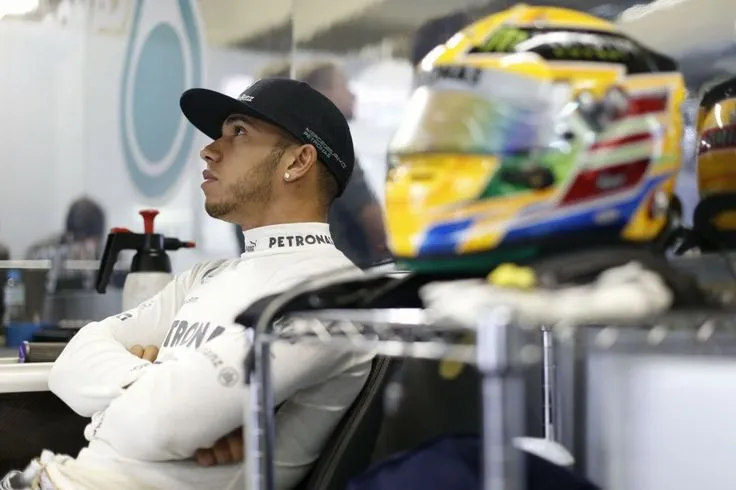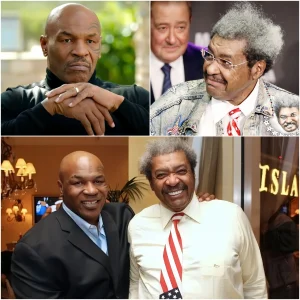Lewis Hamilton, the name synonymous with speed and success in Formula 1, has not only broken records on the track but has also shattered racial barriers in a sport that was historically white-dominated. As a seven-time World Champion, Hamilton’s journey to the pinnacle of motorsport has been anything but smooth. It is a tale of resilience, determination, and an unwavering commitment to breaking stereotypes and pushing boundaries.

Hamilton’s entry into Formula 1 was a watershed moment. Born in Stevenage, Hertfordshire, to a black father and white mother, Hamilton faced an uphill battle from the very beginning. The world of motorsport, particularly Formula 1, was a realm where diversity was scarce, and the representation of people of color was almost non-existent. From the karting circuits to the grand prix tracks, Hamilton often found himself to be the only black face in the crowd. This lack of representation came with its own set of challenges.
Recalling his early days, Hamilton often speaks about the subtle and overt racism he encountered. There were times when he was taunted and bullied by fellow competitors and their families. The barriers were not just social but also financial. Motorsport is notoriously expensive, and many young talents are unable to progress due to lack of funds. However, Hamilton’s father, Anthony, worked multiple jobs to support his son’s racing dreams. Their story is one of sheer perseverance against all odds.

Hamilton’s breakthrough came when he joined McLaren’s young driver program, eventually making his Formula 1 debut with the team in 2007. Even then, skepticism loomed. Many questioned whether he could sustain his performance in the cutthroat world of F1. Yet, Hamilton silenced his critics by nearly winning the championship in his rookie year and securing his first title in 2008. This victory was not just a personal triumph but a significant milestone for diversity in the sport.
As Hamilton’s career progressed, he continued to face and address the racial prejudices within the sport. He became a vocal advocate for diversity, using his platform to speak out against racism and inequality. His formation of the Hamilton Commission aimed to explore how motorsport can be more inclusive and to encourage greater participation from people of underrepresented backgrounds. His activism off the track has been as impactful as his driving on it.
Hamilton’s legacy extends beyond his record-breaking wins and championship titles. He is a beacon of hope and a role model for aspiring drivers from diverse backgrounds. His success has inspired a new generation of racers who see him not just as a champion but as proof that talent and hard work can overcome societal barriers.
Today, as Hamilton looks back on his journey, he acknowledges the obstacles he had to overcome. He speaks candidly about the loneliness of being an outlier and the extra pressure of proving oneself in an environment where one is constantly judged. Yet, it is this very journey that has made his achievements all the more remarkable. Hamilton’s story is a testament to the power of resilience and the importance of breaking barriers.
In a sport that is beginning to embrace diversity more openly, Lewis Hamilton stands as a pioneer. His journey from a young karting prodigy to a global icon in Formula 1 is a powerful narrative of overcoming adversity and challenging the status quo. As he continues to race and inspire, Hamilton’s legacy will undoubtedly pave the way for a more inclusive and diverse future in motorsport.





